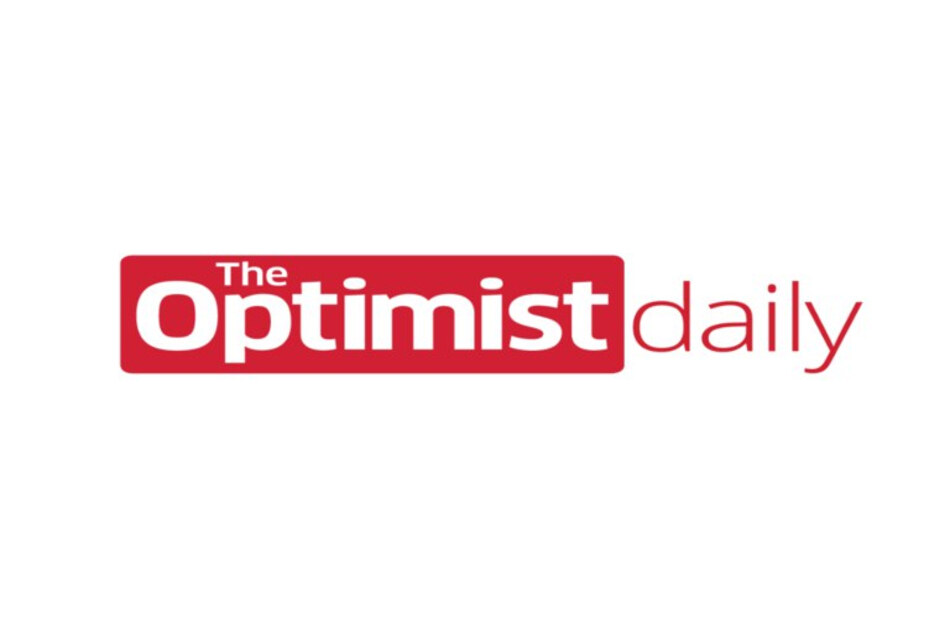People of color and those who are part of other marginalized communities will often experience what is called microaggressions in their workplace, among friends, and in social arenas in general. Microaggressions are comments that are usually not coming from the aggressor’s intent to offend, nor are the comments overtly racist, classist, or ableist, but are more likely rooted in ignorance.
Microaggressions, especially in the workplace, can have a deep effect on people, and sometimes leads to chronic, severe distress as well as burnout. If only there was a kind of guide that people could look to that would educate people about the experience and perspective of those who face microaggressions daily, as well as show examples of what microaggressions are. Well, thanks to Stephanie Yung, head of design at the creative agency Zulu Alpha Kilo, and her team, there is one.
Micropedia is an encyclopedic website that includes a variety of common, everyday microaggressions that marginalized people deal with. This resource aims to be a nonjudgmental way for people to understand and learn about the things people say that may seem harmless or even complimentary but are actually offensive.
It also validates the experience of those who suffer from microaggressions. “The thing about microaggressions is that they are subtle, and you’re often left wondering whether you really did experience a harmful microaggression, or whether you’re imaging it,” Yung explains.
“You might find an academic article about the impact of microaggressions, or a media story about a particular offensive comment,” she says. “But we wanted to create a place where people could come to learn about the range and breadth of microaggressions.”
Yung and her team designed the Micropedia to be easily navigated by the user and is arranged in categories such as race, gender, and disability. Yung also notes that there is a difference between microaggressions and overt racism, saying, “microaggressions tend to come out of ignorance rather than a desire to hurt… and even those in marginalized groups themselves may not realize they’re saying something offensive to someone from another marginalized group.”
The team hopes that the Micropedia will be a tool that will support “people who are eager to learn and change their behavior,” and was built on the belief that most people don’t want to offend or hurt others and would adjust their behavior should they have the knowledge and the opportunity to do so. While Yung admits that the site is “not going to change the mind of someone who is overtly racist or is deliberately trying to cause harm with their words or actions,” she hopes that it will help eradicate many microaggressions that people experience as they try to live their lives.












